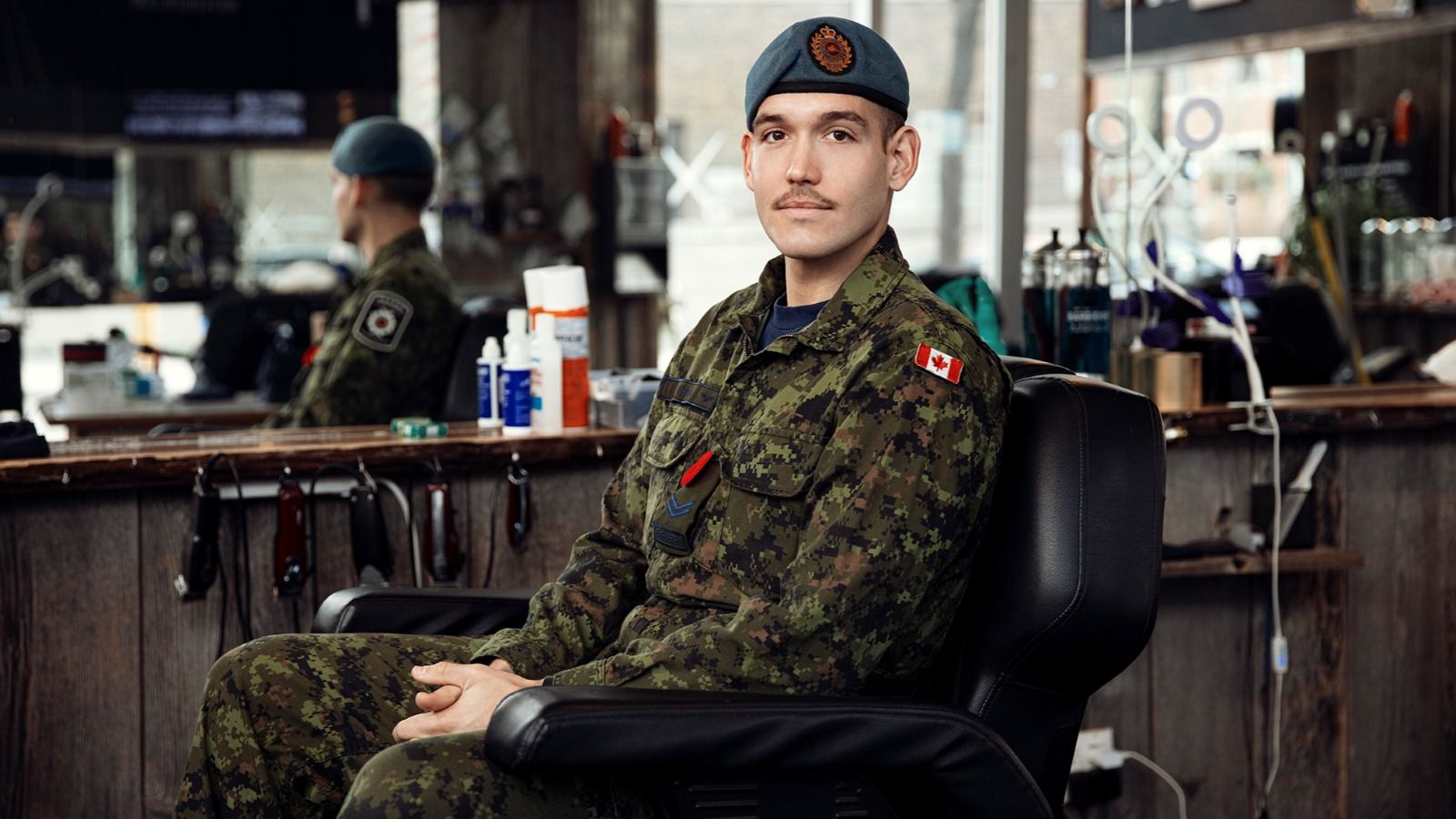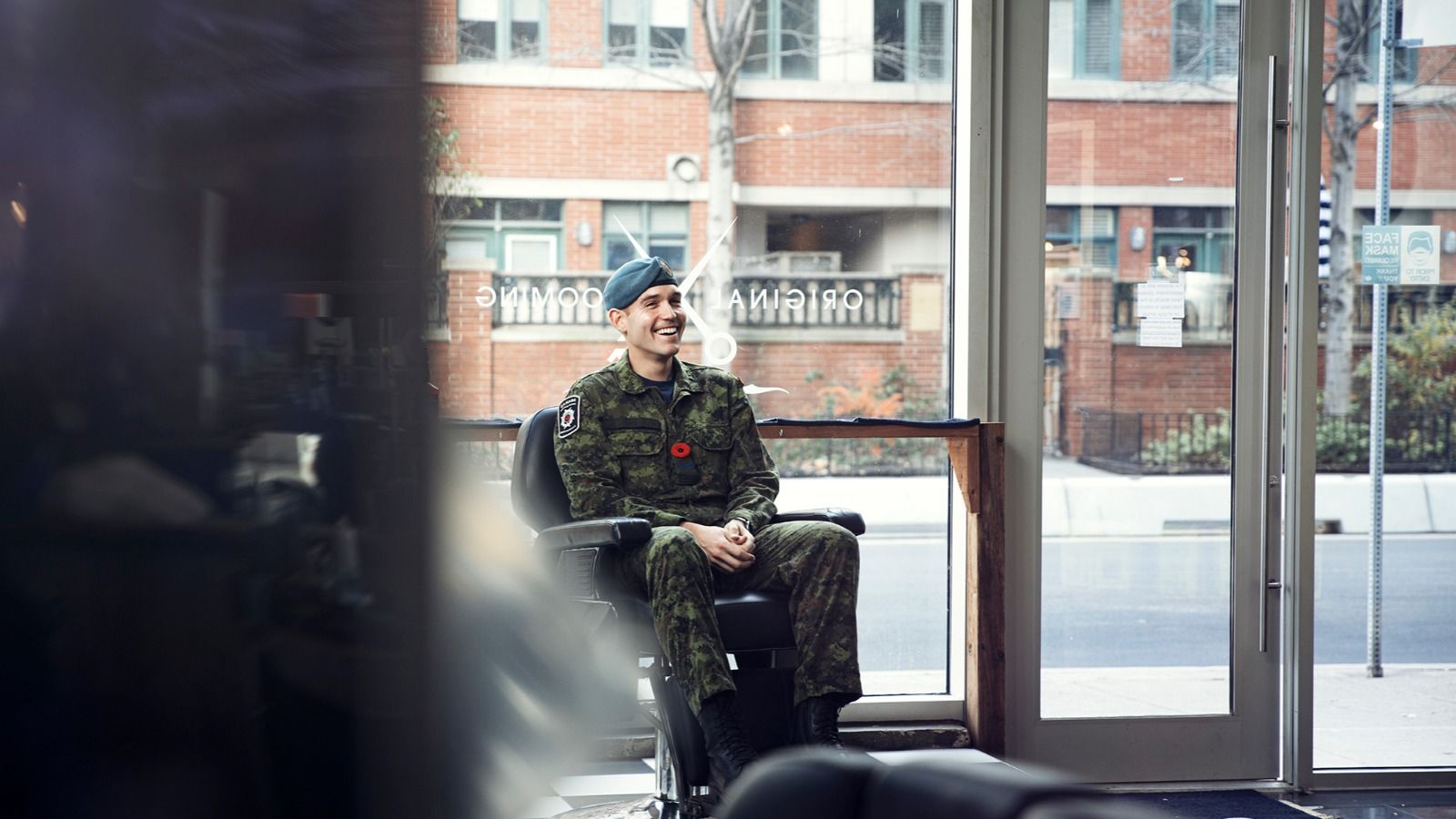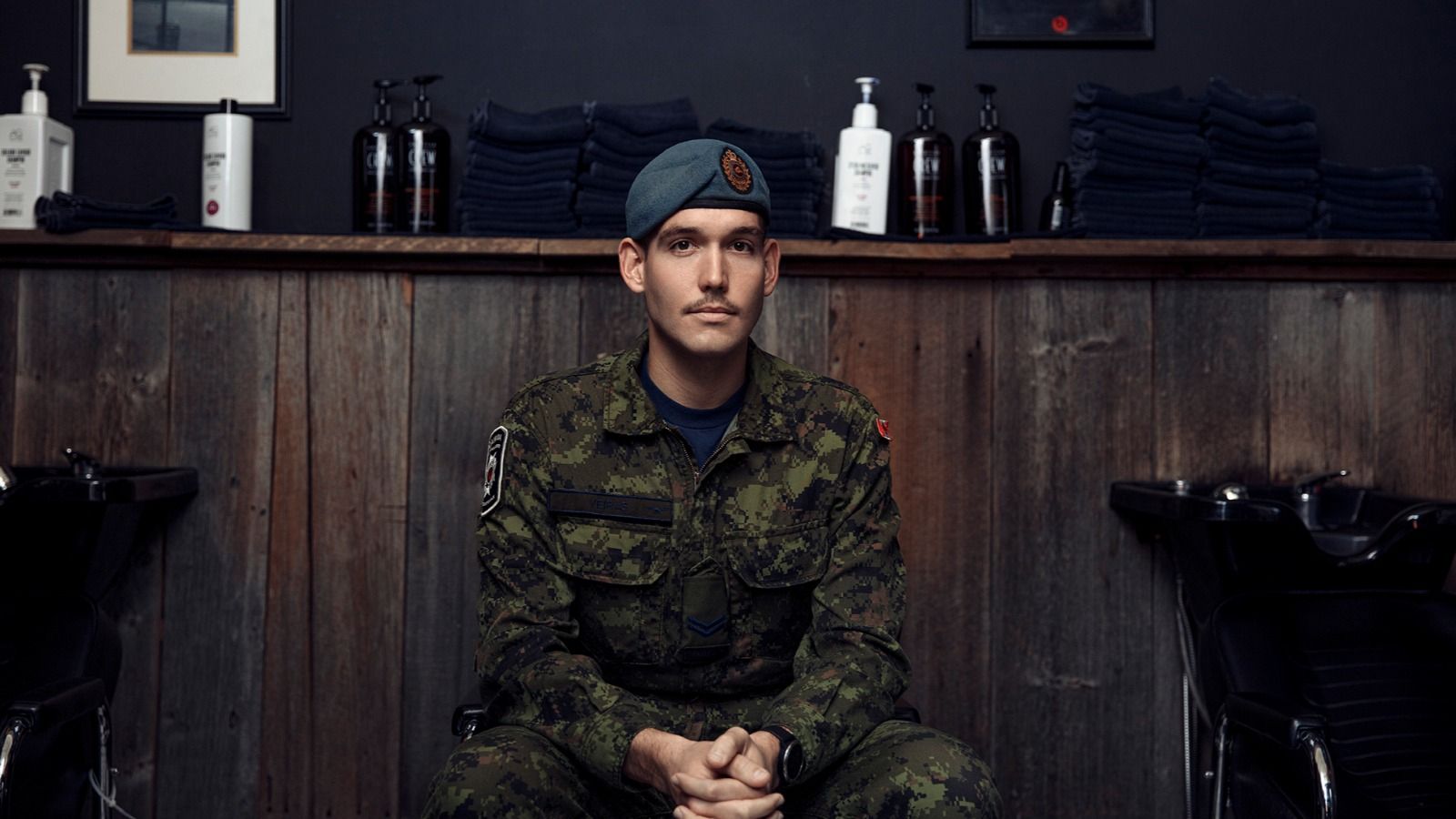



Cpl Daniel Veiras on changing the narrative around mental health in the military
I joined the military in 2010 as an Infantry Reservist where I served with the 48 Highlanders of Canada for seven years. In 2017, I transferred to the regular forces, where I am currently posted to Canadian Forces Base Trenton as a Firefighter.
The fact is military personnel and first responders are more at risk for mental health issues and PTSD than the general population. However, in the last decade, there’s been a shift from the old school ‘man up’ & ‘tough it out’ mentality that pervaded earlier military generations and was accentuated through Hollywood. We’re in a period right now, in my experience, where more and more people are comfortable talking about their mental health and encouraging others to do the same.
" It’s normal to have a mental response to an abnormal situation. "
I’m lucky enough to have never struggled with PTSD or depression myself. I think that has a lot to do with the courses I’ve been able to take through the military, which have helped me realize when things start to feel off, how to pull myself out and lean on others for help.My Platoon Chief has also been instrumental, prioritizing our mental health and providing us the platform to talk about whatever we want in a safe environment. One thing we make sure to do in our firehouse - which has worked really well for us - are post-emergency debriefs. We’ll get together to talk about what went well, what we could have done better, and how we’re all feeling. Depending on the level of seriousness of the call, we’ll either have a quick check in or a more serious sit-down. I don’t know how to properly describe it, but there’s a level of family within the firehouse unlike anything I’ve ever experienced. We spend so much time together and know so much about each other and each other’s families. They are a group of people I feel open enough to be vulnerable around and comfortable enough with to have those difficult conversations. That open dialogue has been hugely important for my mental health.
If I could give any advice to other first responders, it would be to understand that’s it’s ok to not be ok and that it’s normal to have a mental response to an abnormal situation. We see things that the everyday public isn’t necessarily exposed to. It’s our job, it’s what we’re trained to do. But we’re also human and you just never know how you’re going to react to something until it actually happens. There are people out there who want to listen and want to do whatever they can to help. And while not everyone may feel as comfortable talking to someone in their family or to their crew about the struggles they are dealing with, know there are other outlets out there. Just within the military- as that’s my experience- there are courses we take annually, before deployment and post-deployment. There’s also a Canadian Forces Member Assistance Program, which proves 24-hr short-term counselling to force members, their families, siblings, etc. So, if you’re not comfortable talking to someone you do know, you can always pick up the phone and talk to someone you don’t. Open conversation is so important for the healing process. Help is out there.